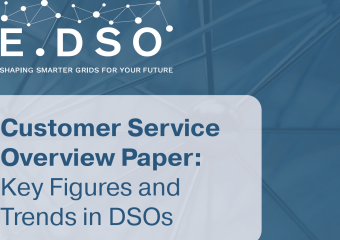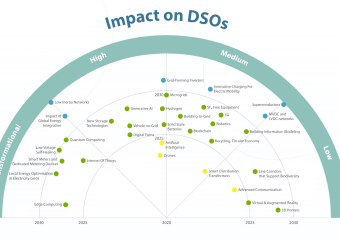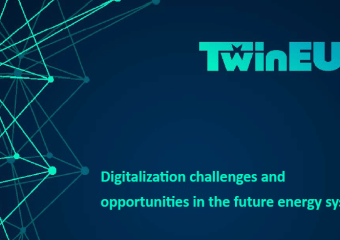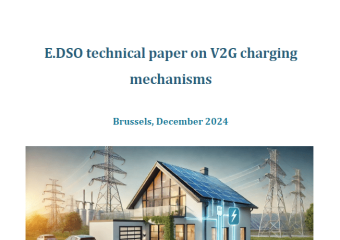In the four years since the European Commission initially presented the proposal for e-Privacy Regulation, the importance of data and electronic communications has been greatly reinforced, notably during the pandemic.
Progress on the file has been considerable. However, while the Council has considered ways to improve the text, too many concerns remain unaddressed, and consecutive amendments continue to create more uncertainty than clarity.
In this light, E.DSO tailored a position paper in which observations are made available to move forward with a much more mature text for trialogue negotiations. With this input, we touch upon aspects of the draft Regulation that negotiating parties should consider ahead of trialogue compromise amendments.
Our evaluation of the proposed e-Privacy Regulation relies on the following considerations:
- Energy services are different from other services targeted by the Regulation: they use digital tools and telecom networks to provide essential services to electricity customers, based on legal obligations.
- Smart meters should be recognised as a specific tool to provide these energy services. This should be endorsed in the provisions of the proposal.
- DSOs’ missions and responsibilities should not be hindered, which would be the case if the e-Privacy Regulation does not consider the specificity of smart meters and their role in energy services.
- Considering a smart meter is made of terminal equipment using electronic communications, the provisions applying to these two components should be consistent. Articles 6 and 8 should encompass compliance with legal obligations to fully allow DSOs to fulfil their missions.
E.DSO fully support the worthy objectives of the proposal, but only a fresh new attempt will serve the Regulation’s purpose in line with the principles of better regulation. We stand ready to support the Commission and the co-legislators in these efforts.






